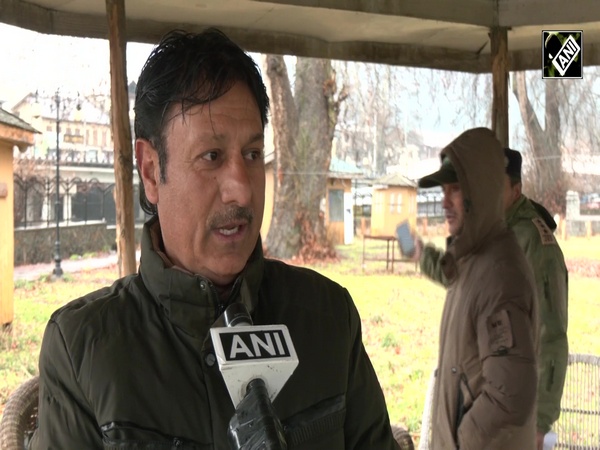Report cites improvement in India's educational, household conditions
Jun 28, 2022

New Delhi [India], June 29 : India's educational and household conditions have improved due to the targeted efforts of the government through several social protection schemes, especially in the areas of water availability and sanitation, the State of Inequality in India Report revealed.
'The State of Inequality in India Report' was released by Dr Bibek Debroy, Chairman of the Economic Advisory Council to the Prime Minister (EAC-PM), in which information on inequities across sectors of health, and education, household characteristics and the labour market were compiled.
The report was written by the Institute for Competitiveness and presents a holistic analysis of the depth and nature of inequality in India, according to Saudi Gazette.
Dr Debroy stated, "inequality is an emotive issue. It is also an empirical issue since definition and measurement are both contingent on the metric used and data available, including its timeline".
"To reduce poverty and enhance employment, since May 2014, the government has introduced a variety of measures interpreting inclusion as the provision of necessities, measures that have enabled India to withstand the shock of the COVID-19 pandemic better," He further added.
Saudi publication referring to the report said that by 2019-20, 95 per cent of the schools have functional toilet facilities on the school premises of which 96.9 per cent are functional toilets for girls.
The Union Territories like Goa, Tamil Nadu, Chandigarh, Delhi, Dadra and Nagar Haveli and Daman and Diu, Lakshadweep and Puducherry have achieved universal (100 per cent) coverage of functional electricity connections.
Saudi publication also pointed out that the Gross Enrolment Ratio between 2018-19 and 2019-20 at the primary, upper primary, secondary and higher secondary, has also increased.
According to National Family and Health Survey-5 (NFHS) 2019-2021, 97 per cent of households have electricity access, 70 per cent have improved access to sanitation, and 96 per cent have access to safe drinking water.
The information available on inequality, which this report brings out, will help formulate reform strategies, a road map for social progress and shared prosperity. Recommendations, like creating income slabs that provide class information, establishing universal basic income, creating jobs, especially among the higher levels of education and increasing the budget for social protection schemes, have been made.



















